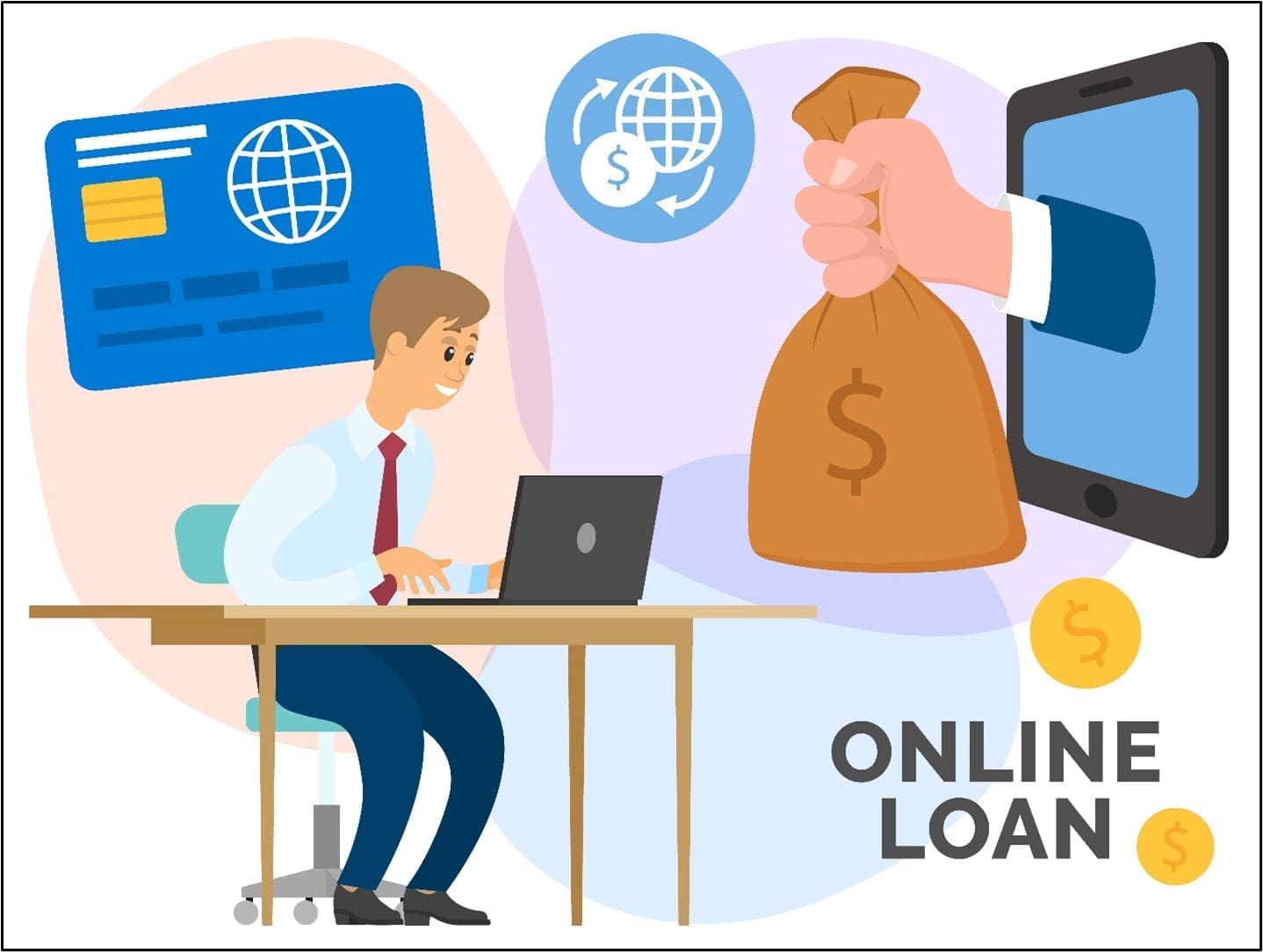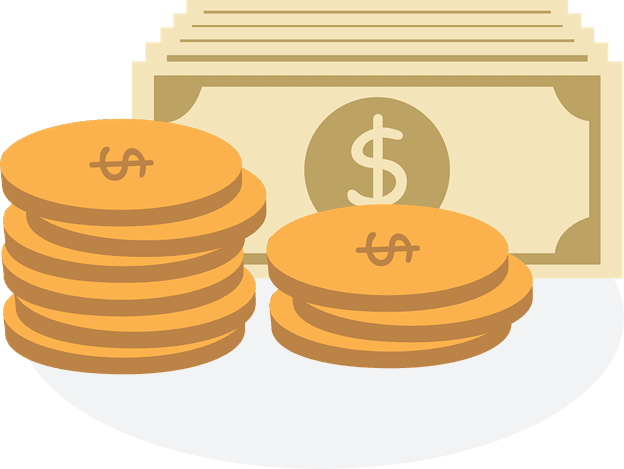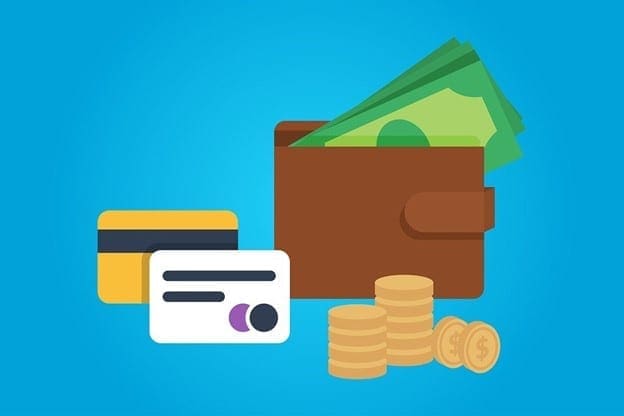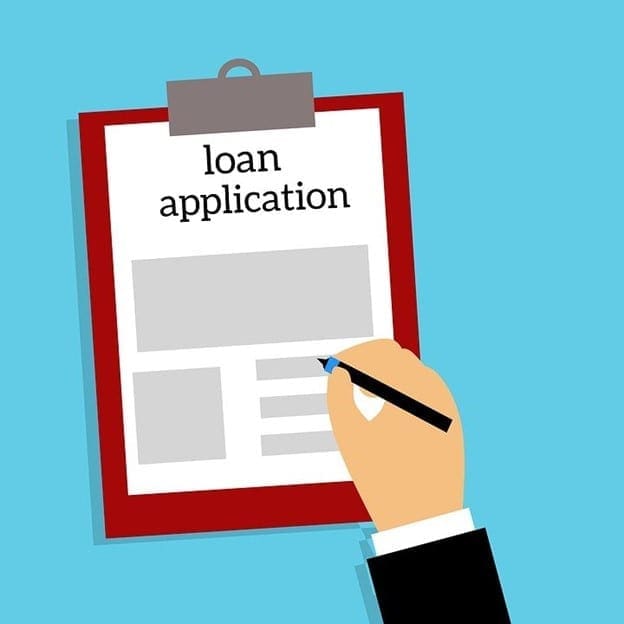
Unsecured consumer loans are approved without the need for collateral. You can use them for personal purposes or to fund a business start-up. However, in these types of debts, the financiers are often left with a few options when one defaults to the loan. Such alternatives can involve filing lawsuits or make payment arrangements so that the borrowers’ credit rating won’t be impacted.
Before getting involved in these types of loans, you need to ensure that you can pay for the total amount within the agreed timeframe. You may also want to check this website to know more about Forbrukslån regarding the financiers in Norway. The lenders will often give you an easier time with favorable rates when you have an excellent credit rating, or you’re known to be a good payor.
Consumer loans of these kinds can use the money for almost any other purpose. You can start a business, consolidate your remaining debts, or use this to buy an expensive gadget. However, before you borrow and involve yourself, you may want to check out alternatives that are available for you.
Basics to Know About
The financiers in Norway can offer you an unsecured loan, and they won’t require your assets to be put up as collateral. Some of them heavily based the guarantee of the debt based on your financial capability.
This is not the case with a mortgage or secured loan where the bank will seize your property in case you default. If you don’t have the means to repay the debt, the lender will usually have the right to sell your furniture, home, and car to collect the amount owed plus interest from the sale proceeds.
There’s nothing identified explicitly as collateral with the unsecured option, making it easier for the borrowers to borrow without the added burden. Read more about collateral loans on this page here: https://www.thebalance.com/collateral-loans-315195. The consequences are not immediately carried out if you fail to pay the money on the due date.
It’s the lenders who are at risk with personal unsecured loans. They don’t have a property to seize in case you don’t pay. However, they may be forced to seek legal counsel and take action if they don’t have options left. They may want to pursue repayment terms by garnishing your wages or file a lawsuit against you. It’s because of the risks that the lenders may also charge higher interest rates in the process.
One of the most critical factors that will be considered is your credit rating. If you have an excellent one, expect to pay lower interest in countries like Norway. You may also find out that the financiers may be offering packages for you without needing to apply. On the other hand, a bad credit rating will leave you with limited choices. There’s even a need to have a co-signer to get approved. It’s important to know your credit standing and how the scores work before applying to prevent any hassle.
Types of Loans
Lenders are known to offer various types of unsecured loans. Each of them has its own tradeoffs. You need to find something that can meet your needs for the short term while minimizing your overall costs.
Signature Types
This is one of the most basic types, and as the name suggests, this secures nothing but the sign of promising to pay. You can often find these types in credit unions and use the money afterward for whatever purpose you want. Just be aware of the lenders’ restrictions on how you can fund something to avoid legal lawsuits in the future.
This is generally an installment that you’re paying through amortizations over time. You’ll borrow a lump sum and pay it monthly until the total amount is paid. These are excellent choices if you’re not so good at handling credit because they will give you low interest. Signature loans can help build a good reputation and credit standing when you can pay off the loan on time.
In the future, the process of borrowing can be faster, and it will be less expensive for you. To get this, you need to tell your bank that you’ll be borrowing money to get a personal loan.
Personal Credit Line
This is another type of unsecured loan in the form of a credit line. Instead of taking out the entire lump sum or the full amount, your bank will approve a specific amount that you can use every day. You can pay that back in a month or according to your due date. As an example, you may be granted about $20,000 in a personal line of credit. You borrow $5,000 with interest to buy a new appliance, and the remaining $15,000 will remain in your name.
While you’re paying off the $5,000 you’ve borrowed, you have the remaining $15,000 just in case you want a home renovation project for your needs. As you’re paying the balance, the amount will become available for you to use again. The interest will stem from the portion of the borrowed credit, which offers lower interest rates than what other lending institutions offer.
This is also the category where credit cards are included. Once you are approved, you can instantly borrow the money that you need. Unfortunately, there are often higher interest rates involved, and you may get some teaser rates for a while. However, these lower rates will eventually end, and you may end up in financial trouble.
About Defaulting
In simple terms, loan default means that the borrower fails to pay the lender the full amount on a specific date. If you’re late with a payment or two, you may become “delinquent,” and in these cases, you can always return to good standing when you make full payment in a reasonable time. But if you are not able to pay in terms of the contract, you’re officially tagged as default.
Breaching the contract may result in a lot of consequences. Other financial entities in Norway may be alerted that you’re not a reliable borrower after all, and you may not be trustworthy in all other aspects of life.
This can damage your credit as a result, and you may undoubtedly suffer. The credit score is composed of several factors, but most significantly, it involves your payment history. This is not for a single account but all of your outstanding debts, credit cards, and credit lines.
Many lenders will already report the delinquency if you’re late. This happens if you can’t pay for the first 30 days when the payment is due. You may have the chance to clear the amount, but the missed payments are already submitted to the credit bureaus, which will impact your overall financial score.
A low credit standing can have a significant effect on your life. You may have a hard time finding a job, renting a home, loaning for a mortgage, buying insurance, signing up for mobile phone services, or getting utilities. This is why it’s essential to maintain your reputation and pay the debts on time. You can also talk to the financiers about arrangements when you can’t pay on the due date, and you can set up something more convenient that can help you meet your monthly payment dues.

Be the first to comment